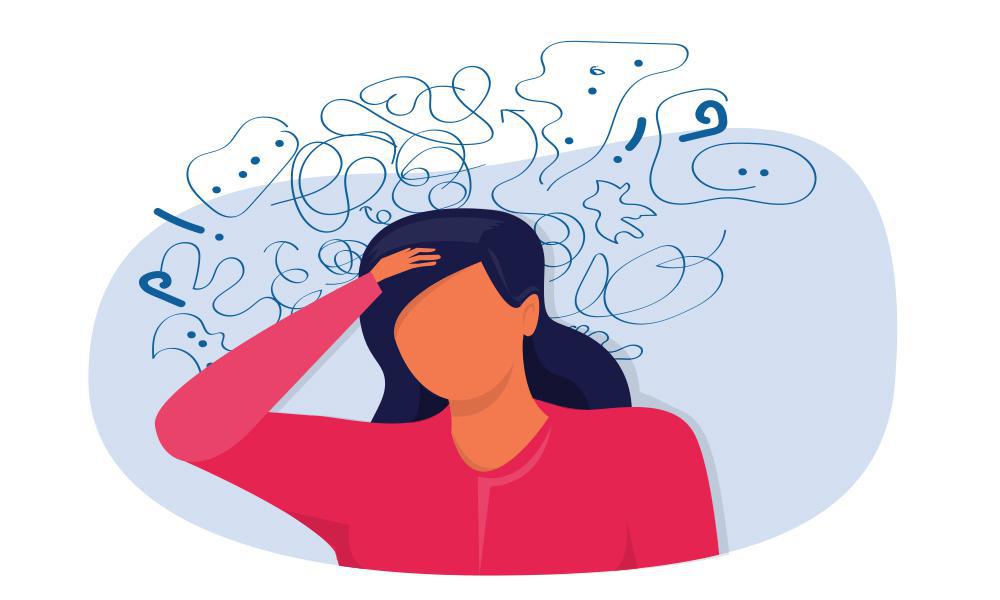Identifiable Early signs and symptoms of stress related disorders
We usually notice that our stress levels have drastically been increasing as the time goes by, and at time we don’t have enough energy to process with all the stress and tension occurred due to our fast lifestyle. From this are born stress-related disorders which are conditions that develop due to excessive or prolonged stress. These conditions can affect a person’s mental, emotional, and physical well-being. If left untreated, stress-related disorders can worsen and lead to more serious health problems. Therefore, it is important to recognize the early signs and symptoms of stress-related disorders to prevent further complications. Here are some of the most common early signs and symptoms of stress-related disorders.
Insomnia or Sleep Disturbances
One of the earliest signs of stress-related disorders is insomnia or sleep disturbances. Stress can make it difficult for a person to fall asleep or stay asleep throughout the night. A person may also wake up frequently during the night or have trouble going back to sleep after waking up. Lack of sleep can lead to fatigue, irritability, and difficulty concentrating.
Headaches
Stress can cause tension headaches, which are characterized by a tight, band-like pain around the forehead or back of the head. These headaches can also cause pain in the neck and shoulders. Tension headaches can be mild to moderate in intensity and can last for a few hours or days.
Muscle Tension and Pain
Stress can cause muscle tension and pain, especially in the neck, shoulders, and back. This tension can lead to stiffness and soreness in these areas. A person may also experience muscle spasms, which can be painful and debilitating.
- Gastrointestinal Problems
Stress can cause a range of gastrointestinal problems, including stomach-aches, bloating, diarrhea, and constipation. These symptoms can be mild to severe and can interfere with a person’s daily activities. Chronic stress can also lead to more serious gastrointestinal problems, such as irritable bowel syndrome (IBS) and inflammatory bowel disease (IBD).
Fatigue
Chronic stress can cause fatigue, which is characterized by a feeling of extreme tiredness and lack of energy. A person may also feel weak, lethargic, and have difficulty concentrating. Fatigue can interfere with a person’s ability to perform daily activities and can significantly impact their quality of life.
Anxiety and Depression
Stress can lead to anxiety and depression, which are two of the most common mental health problems. Anxiety is characterized by excessive worry and fear, while depression is characterized by persistent sadness and loss of interest in activities. These conditions can be mild to severe and can significantly impact a person’s emotional well-being.
Changes in Appetite
Stress can cause changes in appetite, including overeating or undereating. A person may crave high-calorie, comfort foods or lose their appetite altogether. These changes in appetite can lead to weight gain or weight loss, depending on the individual.
Changes in Libido
Stress can also affect a person’s libido or sex drive. Chronic stress can cause a decrease in sex drive, while acute stress can cause an increase in sex drive. These changes can be due to hormonal changes that occur during times of stress.
In conclusion, stress-related disorders can affect a your mental, emotional, and physical well-being. It is important to recognize the early signs and symptoms of these disorders to prevent further complications. If you or someone you know is experiencing any of these symptoms, it is important to seek medical help and support to manage stress effectively. There are numerous mental health techniques which are adaptable to your lifestyle which can help you deal with stress, such as talk therapy, art therapy, aroma therapy, etc.


